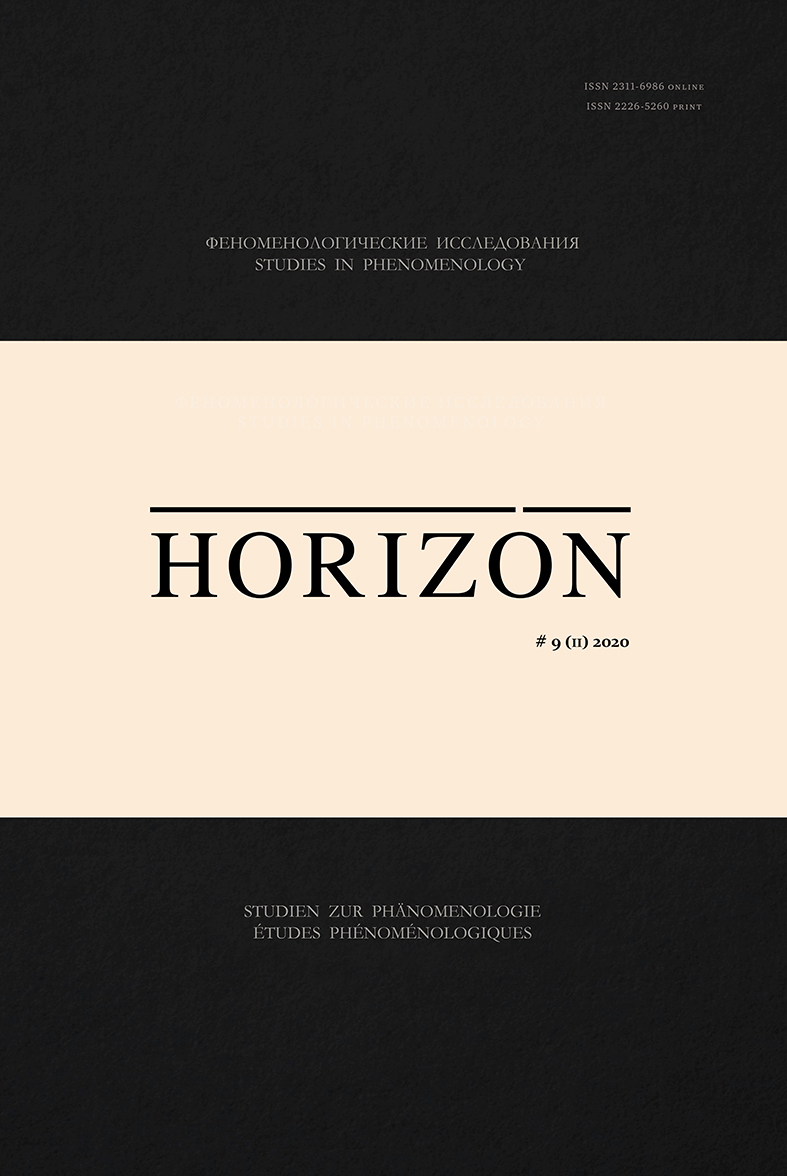Roman Ingarden’s Contributions to Solving the Ontological
and Methodological Problems of Phenomenology of Music
Roman Ingarden’s Contributions to Solving the Ontological
and Methodological Problems of Phenomenology of Music
Author(s): Anastasia Medova, Anna KirichenkoSubject(s): Music, Aesthetics, Ontology
Published by: Издательство Санкт-Петербургского государственного университета
Keywords: Roman Ingarden; ontology of music; acoustic phenomenon; musical time; space of music; bound idealities; intentional object; quasitemporal structure; semantic intention;
Summary/Abstract: Phenomenology of music has been a perspective trend of phenomenological aesthetics for more than a hundred years. The topic of the paper is fixation the main problems and vectors of development of phenomenology of music. The authors execute an analysis of Roman Ingarden’s position in the discussions concerning the methodological and ontological problems of phenomenology of music. The paper aims at revealing succession in Roman Ingarden’s solutions to the phenomenology of music problems.The other aim is reflection on the originality of Ingarden’s ideas in the context of phenomenological interpretations of music in 20th and 21st centuries. The solution to these tasks allows the authors to fix key problems and identify the principal positions of phenomenology of music. The main sources ofthe comparative and historical analysis are the studies carried out by Husserl, Sartre, Merleau-Ponty,Clifton, and Ihde. The most important ontological problems of phenomenology of music are: spatiotemporalconstitution of music, reduction of a work of music to its performance, and ontological statusof a work of music. The analysis of Ingarden’s position on these problems allows us to characterize itas something different from the existing versions. According to the conception, the time of music isa special type of time, that is, quasi-time. A piece of music is a purely intentional, heteronomous, andintersubjective object. There are a number of methodological specificities of Ingarden’s approach: arefusal of reduction of musical theoretical data, a tendency for independence of a piece of music fromconscious and mental processes, and an interpretation of a piece of music as a non-sounding phenomenon.In conclusion, the authors demonstrate how the originality and radical nature of Ingarden’sconclusions made his position defenseless against critique and simultaneously marked the tendency inthe contemporary phenomenological studies of music.
Journal: Horizon. Феноменологические исследования
- Issue Year: 9/2020
- Issue No: 2
- Page Range: 662-682
- Page Count: 21
- Language: English

